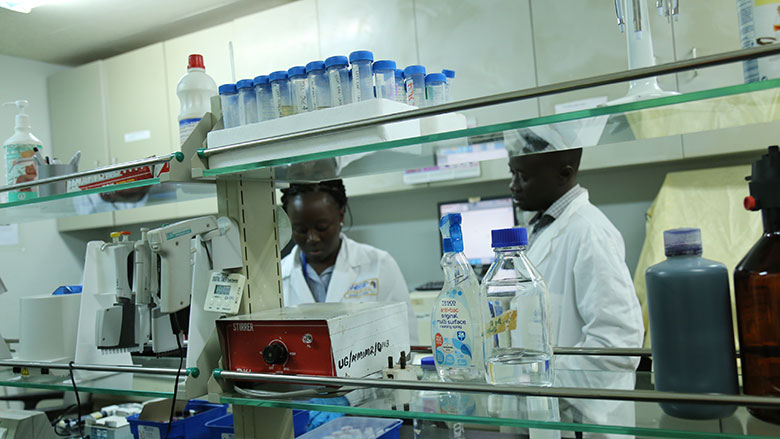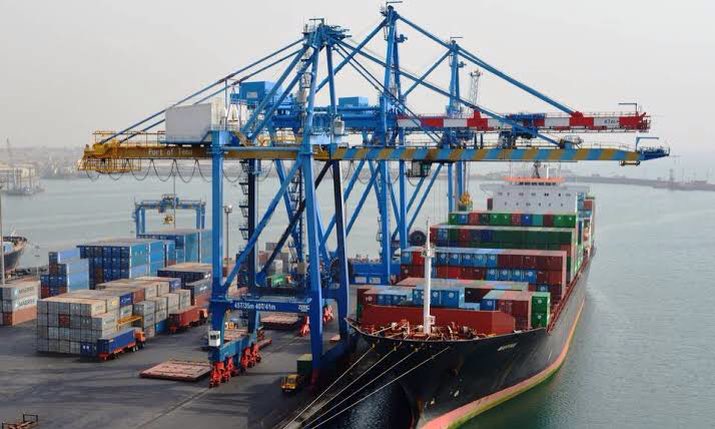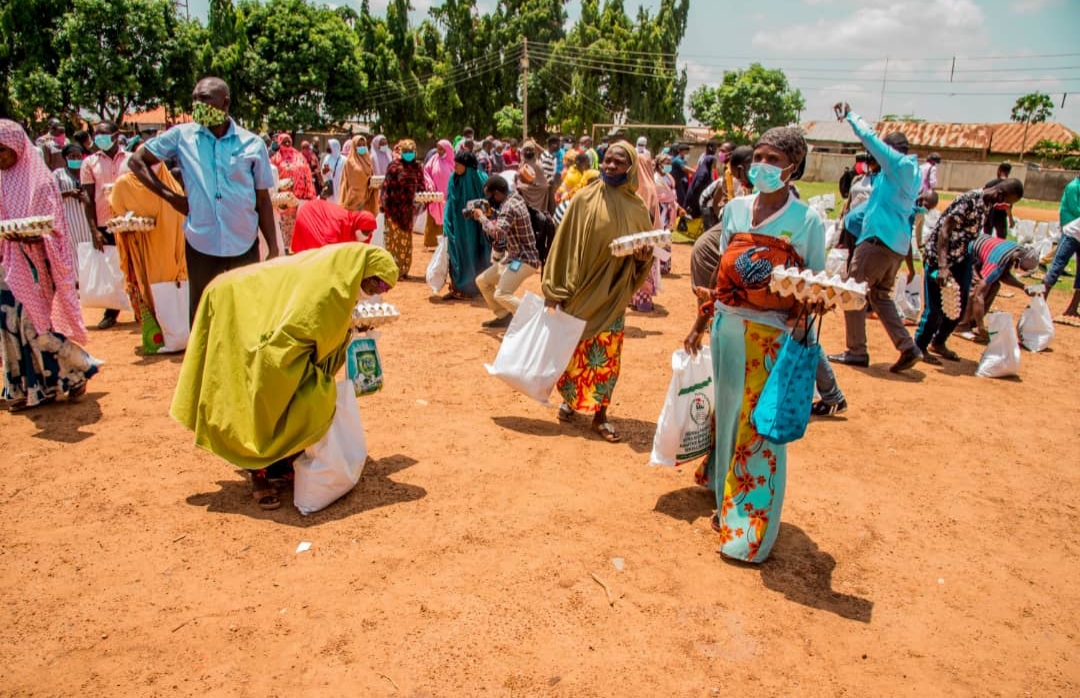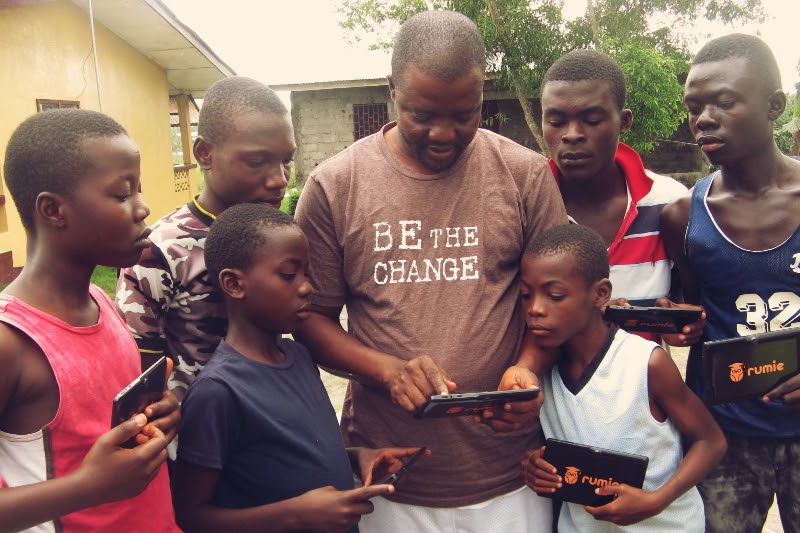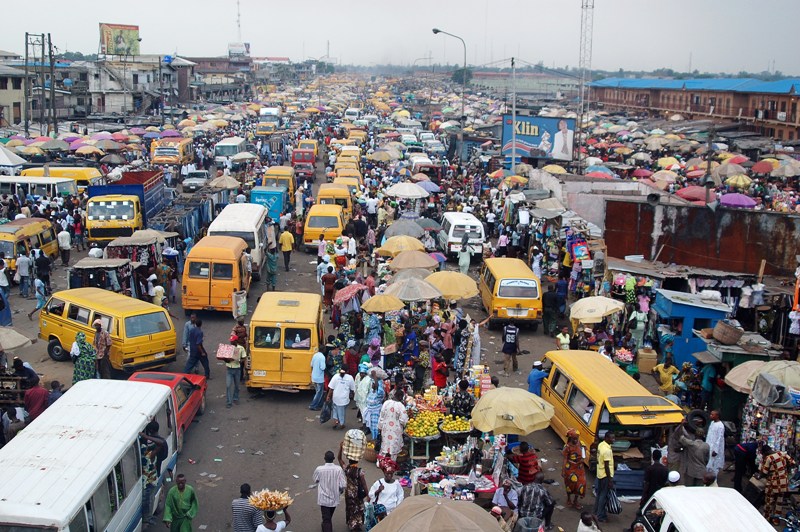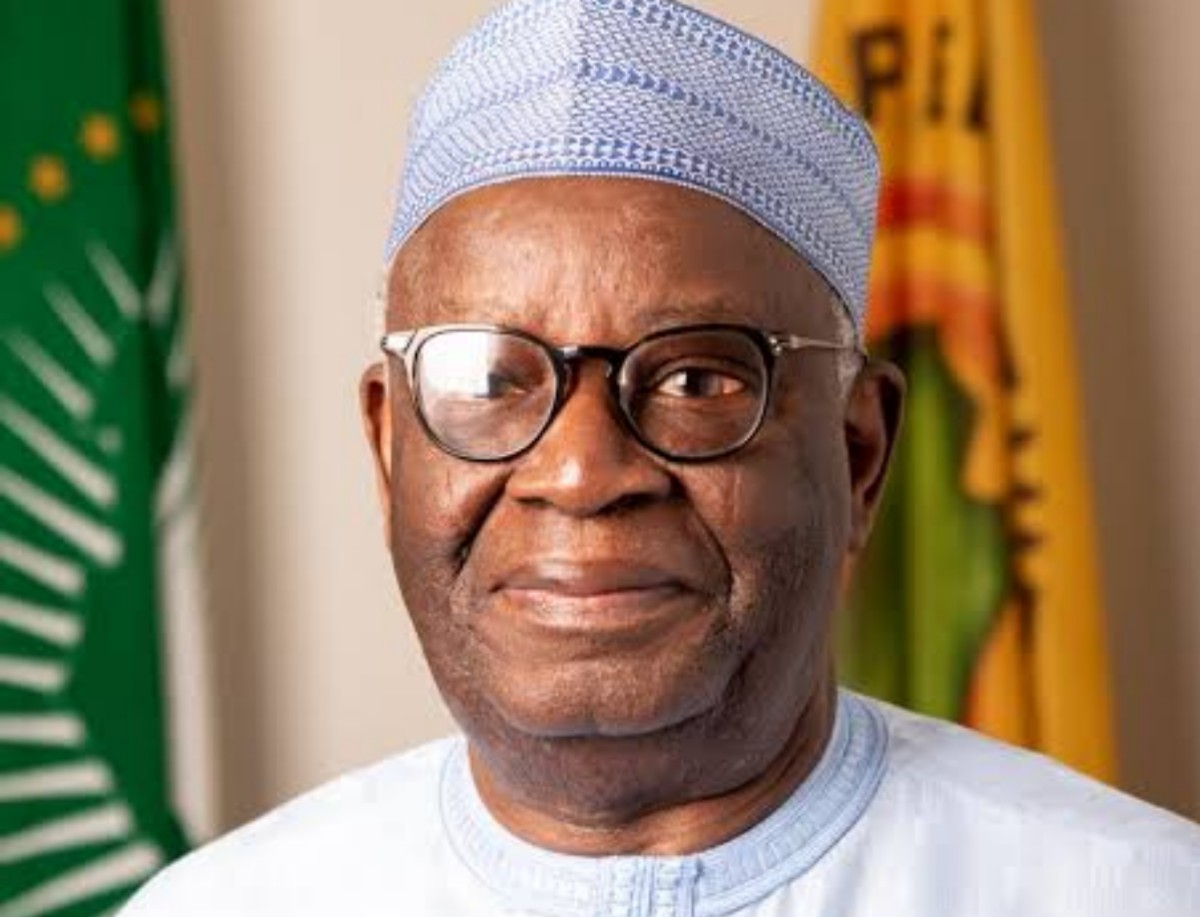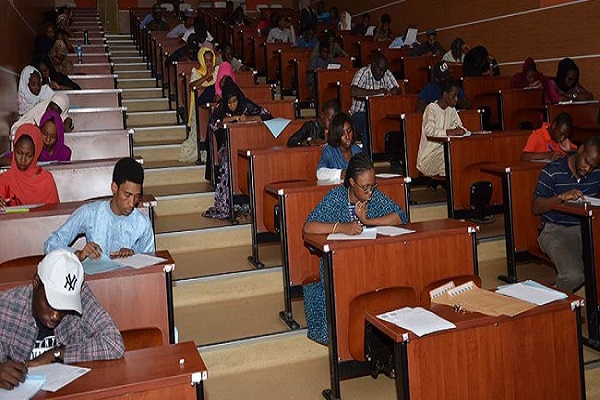BY CHEIKH SEYDI
Since the virus emerged late last year, COVID-19 has largely been a disease of the Global North. Its worst and deadliest effects have been felt in Europe, East Asia, and North America. But that is likely to change. As the pandemic reaches its peak and begins to slow in these places, epidemiological models suggest it will accelerate in developing nations—including those in sub-Saharan Africa.
There is much we still don’t know about COVID-19, but we can be sure of this: the African experience with the disease will be different than anything we’ve seen so far.
The continent’s health systems are less well-equipped than others, for instance. Data suggest that even a single Manhattan hospital has more intensive care beds than most African countries.
When I joined the Bill & Melinda Gates Foundation last year as its Africa Director, I never imagined that the continent would be dealing with a situation of this magnitude, and I salute the continent’s leaders for adopting measures to prevent the virus’ rapid spread amongst their populations.
Advertisement
I also stand ready to help. The entire Gates Foundation does. And, in fact, we are already working with our African partners to accomplish four goals during this pandemic:
protect the most vulnerable; accelerate detection and containment of the virus; develop treatments and a vaccine; and minimize societal and economic impact.
That’s how we think of our work inside the foundation – as being divided among those four categories – but the easiest way to understand what we’re doing might be just to split our work into two rough areas: the immediate response, and longer-term efforts.
Advertisement
The first area is where the bulk of our work has been focused since the outbreak. We’ve helped stand up Emergency Operations Centers (EOCs), for example, and have been working with partners like the World Bank Group and the World Health Organization Regional Office for Africa.
We know physical distancing measures are necessary to slow the spread of COVID-19, but we also know that those distancing measures – as they were applied in the United States and Western Europe – might not work in the African context. Many more people on the continent face a terrible choice – stay home or feed their children. We know that genuine community engagement might help overcome this obstacle, and we’re working with our partners to support the effort.
We’ve also assisted in scaling up local disease surveillance and testing in the past several weeks. At the start of the year, for instance, only two countries in sub-Saharan Africa had the ability to test for COVID-19. In early February, the Africa Centers for Disease Control and Prevention started training health workers for how to test for the virus. Our organization was very proud to support that work, and now 40 of 54 African nations have the capacity to analyze COVID tests.
These steps are vitally important but even as we work to tackle this emergency, we are also taking a longer-term view. Starting this week, the foundation is devoting some resources to answer questions like: How will we make sure the pandemic doesn’t erase the progress that the continent has made fighting poverty and other diseases? And what can Africa do to emerge from this crisis better prepared for others in the future?
Advertisement
No one has all the answers to these questions yet. But our partners do have some. The 2014 West African Ebola outbreak, for example, taught us that during an epidemic most deaths aren’t caused by the infectious disease itself but by lapses in routine care. Children die because they don’t receive the standard immunizations, and people of all ages suffer because they don’t get medicines for diseases like HIV, malaria, or TB. So, now we’re supporting ways to ensure that care continues even in the midst of the COVID-19 crisis.
We’re also investing in long-term R&D like the efforts of national laboratory services to validate new testing methods. This will help us detect novel diseases down the road.
Ultimately, the short-term and long-term components of our strategy go hand-in-hand, and elements of an emergency response can be useful long after the crisis has passed. For example, we’re working very hard to help stabilize the market for medical supplies that COVID-19 patients need like oxygen. In the future, those same oxygen systems will also save the lives of newborns and other people who need them.
Expanded testing capacity for COVID-19 can be applied to fight other diseases too, and our foundation is working with the Africa CDC, as well as other regional centers and national public health institutes, to strengthen that infrastructure.
Advertisement
The private sector has also quickly mobilized to fight this virus, and the capabilities they’re developing will help later too. Many companies are figuring out new ways to finance and distribute food and drugs. Others are innovating in the health space, making advances in telemedicine. This work will bear fruit now, as well as later, and our foundation is committed to continuing our work with the private sector.
In the end, our approach to fighting COVID-19 in Africa is the same as our approach to the all the foundation’s past work there: it’s about reducing inequality.
Advertisement
Pandemics have a way of magnifying inequalities. Look at gender, for instance. Women account for the majority of the health care workforce which means they’re more exposed to the disease. At the same time, less attention is usually paid to their health, and areas like family planning and maternal care are typically the first to be cut during an economic downturn, meaning that women and girls who manage to navigate COVID-19 and its financial consequences may still face restrictions to basic care.
There are also inequalities between nations, not just within them. We’re seeing these inequalities play out now in international bidding wars for PPE. Often, a shipment of masks or ventilators is going to whomever can pay the most. This should not happen. We must make sure that all supplies – especially an eventual COVID-19 vaccine – go to the areas of greatest medical need, and not the ones of greatest economic power. (We’re fortunate that there are organizations like Gavi, which has 20 years of experience making sure that children in low-income communities get new vaccines at the same time children in high-income countries do.)
Advertisement
Our partners and frontline workers across the African continent are performing extraordinary feats, but a global pandemic requires a global response, and the responsibility for action must rest with us all.
This pandemic has shown what our partners in Africa have always known: our global health is only as strong as our most vulnerable community. We can defeat this virus, but it will require us to fight it fairly. Not just with the needs of the most powerful in mind, but with the needs of all people, especially those in Africa.
Advertisement
Cheikh Oumar Seydi is the Africa Director for the Bill & Melinda Gates Foundation.
Views expressed by contributors are strictly personal and not of TheCable.
Add a comment
